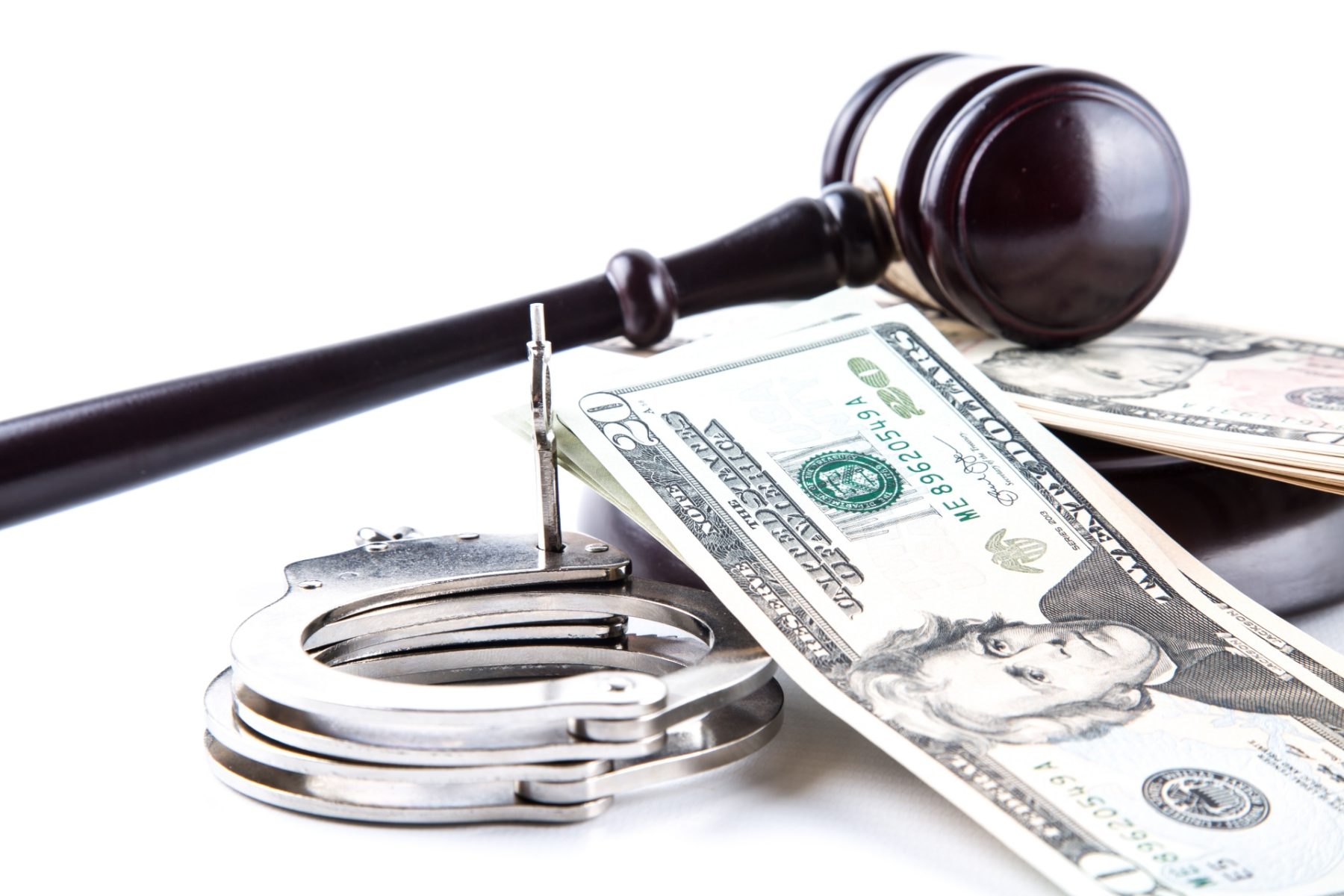Voters in the nation’s largest state will have the chance in November to decide directly on a key policy impacting their criminal justice system. If passed, Proposition 25 would confirm California’s position as the first US state to eliminate cash bail.
Prop 25 is a ballot initiative to determine whether voters will uphold or overturn Senate Bill 10, which was first passed and signed into law by the legislature and Governor in August 2018. The bill would entirely replace cash bail with a risk-assessment system, classifying defendants as low-, medium- or high-risk.
Here’s how it works: For any misdemeanor arrest, the defendant would be released on their own recognizance unless they meet certain exceptions. These include having multiple DUI violations, intimidating a witness, or violating a restraining order. In these cases, they would be detained until trial.
For a felony arrest, the defendant would have to undergo a pretrial assessment within 24 hours. Those considered “low-risk” would be released, unless they meet some of the exceptions above, or certain other felony-related exceptions—like if they were previously arrested for using a firearm. Those considered “medium-risk” could either be released or put under supervision, with additional conditions determined by the county coming into play. Those considered “high-risk” would be detained until trial.
It seems that under this system, a person arrested for a misdemeanor or felony drug possession charge would not be detained pretrial unless they had a recent history of other violations.
Risk-assessment practices have significant problems, because they rely on criminal-justice histories that are heavily weighted by race and class. That’s one argument being used by opponents of Prop 25; others include a purported impact on public safety and the burden on police departments in making sure defendants show up in court (unsurpisingly, the bail bond industry opposes reform). Nonetheless, the measure would substantially reduce the total number of people held before trial.
The median bail amount in California is $50,000—more than five times the national median bail. According to data from the Prison Policy Initiative, over 82,000 people (2018) were detained in California’s local jails, and over 45,000 (2013) were not convicted of a crime.
A 2017 Human Rights Watch analysis indicated that the majority of people held in California county jails were there simply because they couldn’t afford bail. Many of these people face a choice between going into severe debt to pay back a bail bond, or taking a plea deal and going to prison.
The same analysis found that of the 1.5 million felony arrests made in California between 2011-2015, nearly one in three people were never found guilty of a crime, despite being jailed for perhaps months or even years. Each day a person was held in pretrial detention cost California taxpayers $114.
Washington, DC and Kentucky were some of the earliest US jurisdictions to reform their cash bail systems. Today, 94 percent of DC defendants are released pretrial, with 91 percent reappearing in court. Similarly, Kentucky releases about 70 percent of defendants pretrial and sees about 90 percent return to court or avoid re-arrest.
The state of New Jersey virtually ended cash bail with criminal justice reforms in 2016, replacing it with a pretrial services program. Its stats are roughly similar to DC’s, and it has also reduced its prison population by 20 percent since 2017.
Meanwhile, New York State ended cash bail for many categories of misdemeanor and felony charges in 2019—only to repeal those reforms with a last-minute amendment inserted in a state budget bill in April 2020. Opposition to bail reforms, it seems, doesn’t end once they are passed.
Photo by George Hoden via PublicDomainPicture.net / Creative Commons




